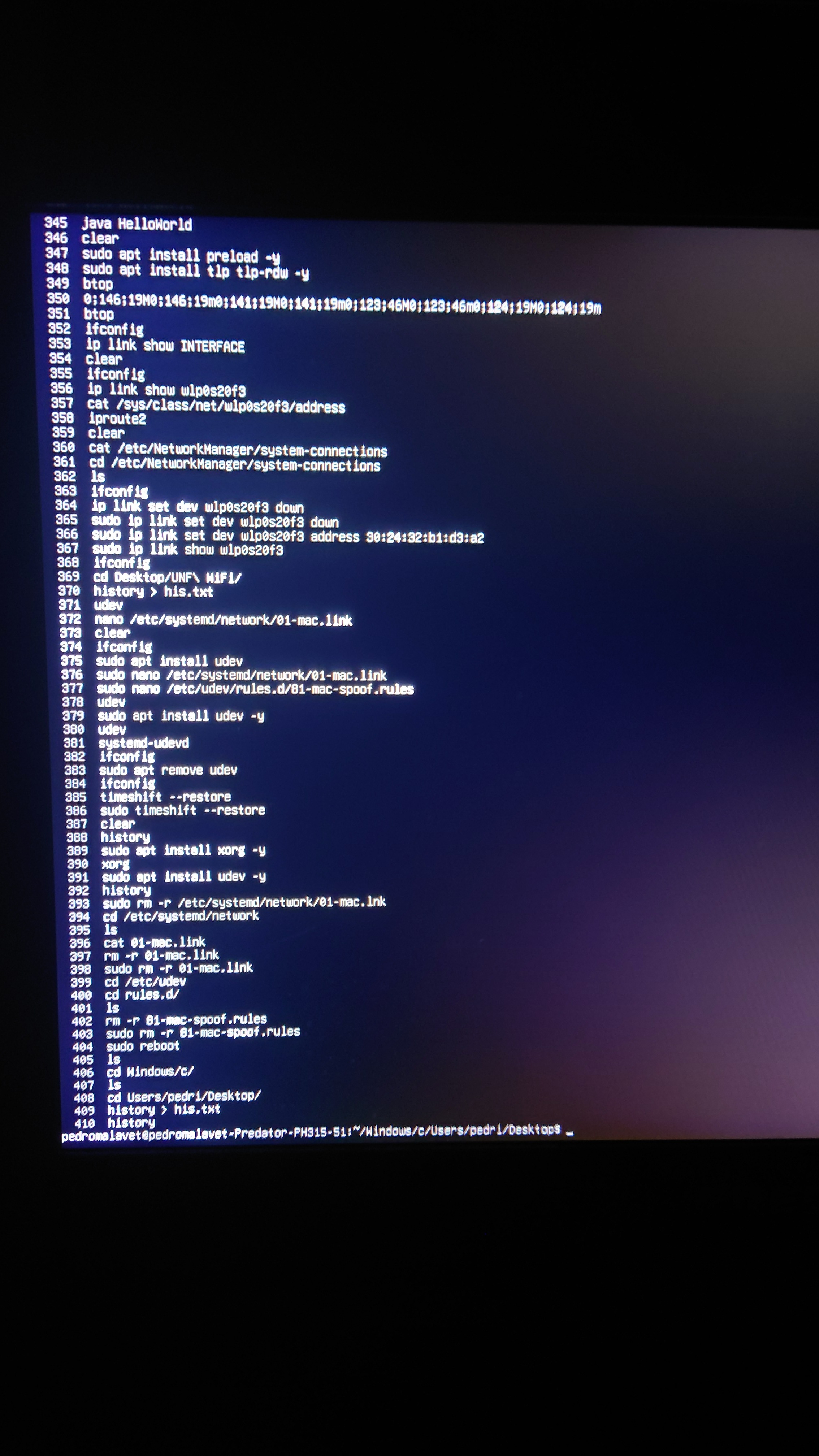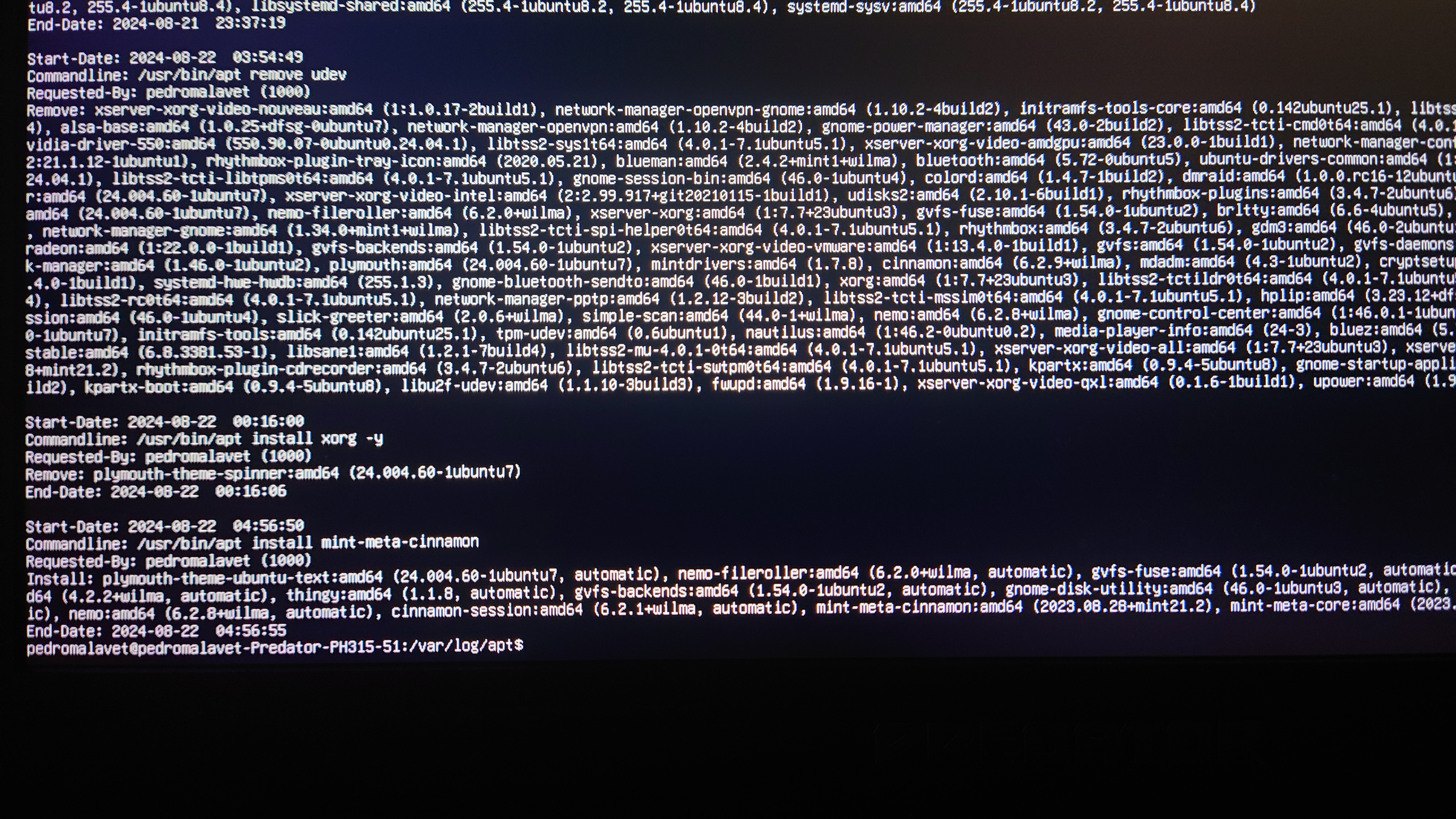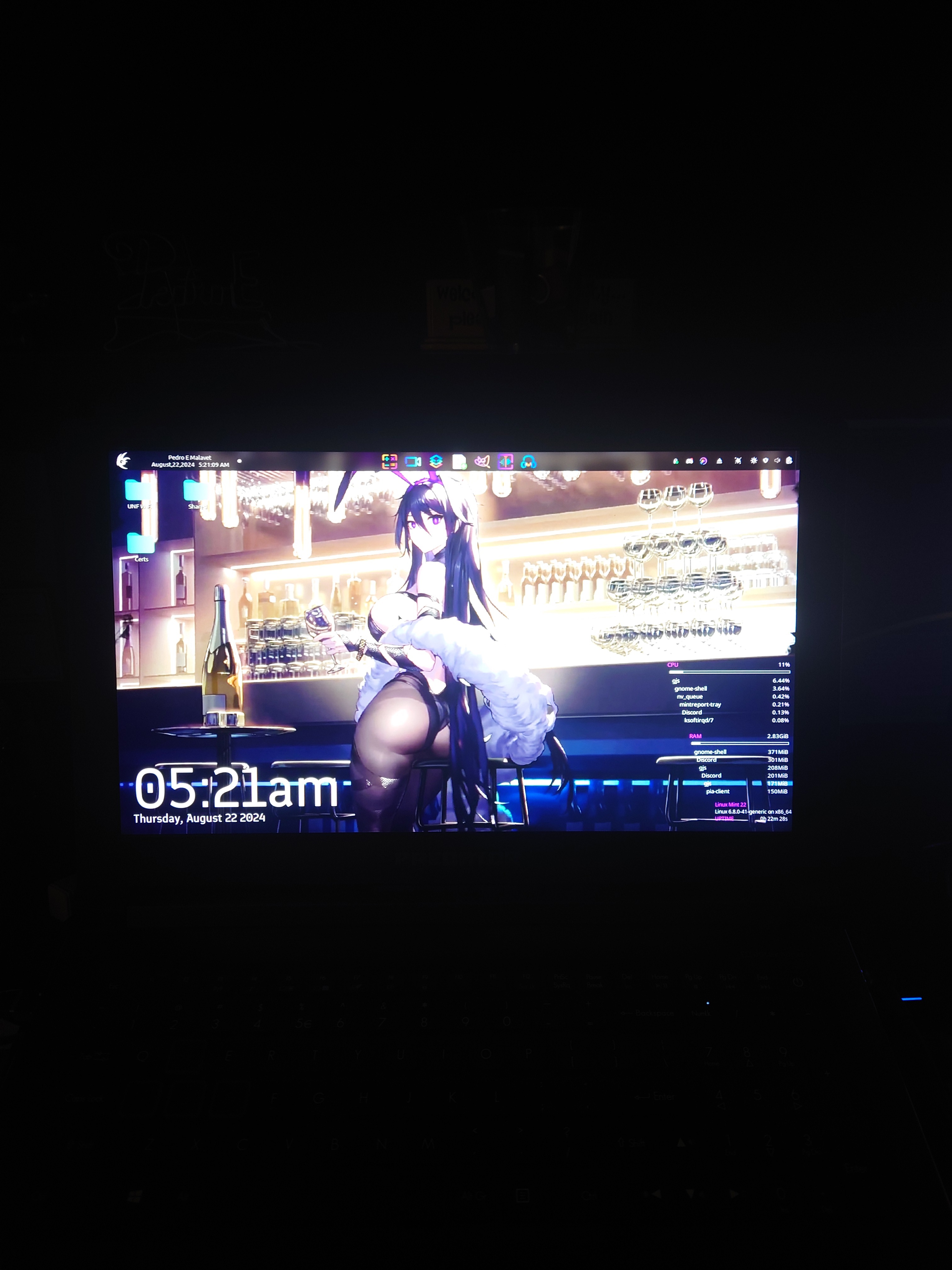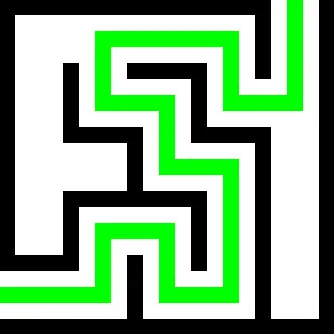Long story short I was messing around in the terminal and messed up my Linux Mint Installation and now when I boot into Linux I only get a CLI and don’t even see the Linux mint logo. I tried to restore to a previous state using Timeshift but it did not work so I ended up taking a live usb and backing up all my important documents to an external drive. I want to just do a fresh installation but unfortunally for me the boot drive is also the same drive I use to boot into Windows (which I am still able to boot into from GRUB). Is there a way I can reinstall the OS without affecting my ability to boot into Windows?
After you get it fixed, don’t forget about this:
https://www.theverge.com/2024/8/21/24225108/microsoft-security-update-windows-linux-dual-boot-errors
Hopefully yours is unaffected by it.
I disabled Windows update with winaero tweaker.
In Windows Disk Management (or “Create and Format Hard Disk Partitions” as it’s now called), you can just right click and either delete volume or format. Make sure you select the correct Linux partition, because you know the consequences if you don’t.
You can install Linux on any disk partition.
The challenge is figuring out which one is the one that Linux is already on.
A bigger issue is that you think that fixing Linux requires a reinstallation. That’s how you fix Windows, rarely how you fix Linux.
What did you do in the terminal to mess it up, what instructions were you following and what were you trying to achieve?
With great power comes great responsibility. In this case you got exactly what you asked for, but perhaps not what you intended. Experience will bring the two closer together.
Ok is what happened. I was on the UNF subreddit trying to figure out how to connect my laptop to the schools wifi on linux because my university uses the thing call OnGuard which is only required for Mac and Windows. A redditor link me to this post and it turned out that the reason why I was unable to connected to the schools wifi was because the network had my MAC address was tied to Windows when I originally connected my computer to the Wi-Fi. So I tried to follow the instructions on how to spoof my mac address which I was able to do it manually but then when I tried set it up to do it automatically by installing udev and editing some files using this link in the post I rebooted my computer login into gnome on x11 and did an ifconfig and noticed that my wireless adapter changed from wlp0s20f3(which is my usually the wireless inferface on my system) to wlan0 and was unable to connect to the internet so I then tried removing udev and then out of nowwhere the system showed a CLI. I tried to reboot but it took me Back to the CLI again so I then tried to reinstall udev and reboot which did nothing. Then I tried to remove the files that I had created and that did not work either and that was when I tried to restored from timeshift.
Here is a picture of my command history

It seems to me that uninstalling
udevremoved a great deal more than just that package. Likely the first time you attempted to install it, the response was something like “udev already installed, set to manual”, which means that it was previously automatically already installed as a requirement for another package, but was set to “manual” selection by your attempt to reinstall it manually, when it was already there.When you uninstalled it, everything that depends on it in some way was also removed.
The /var/log/apt directory will have log files showing what was actually removed.
I don’t have a computer in front of me, but it’s likely that the entire desktop was removed when you uninstalled udev.
Reinstalling udev would only install the things that udev depends on, not the things that depend on udev.
I’m not sure what the meta package for a Mint install is precisely called, but it’s likely something like mint-desktop.
A meta package is an empty package that doesn’t install anything itself, but it has a great many dependencies which automatically get installed when you install it.
Finally,
rm -randsudo rm -ror worse ,sudo rm -rfare not commands you should be using with your level of experience because one misplaced space will cause you to irrevocably shoot yourself in the foot with no chance of undo.I went to that directory and did a cat on the history.log and got this. I also tried looking for the meta package you were talking about and installed mint-meta-cinnamon.

Edit: Holy Shit. I just tried installing gnome and got my desktop back. Thank you so much.

Given that the list for removed is longer than the one for subsequent install, you didn’t install the correct package. It doesn’t have to be called meta to be a meta package.
Essentially, you need to reinstall all the things you removed.
Also stop using -y with apt, it’s a very bad habit to create.
Welcome to Linux my guy. You can fix basically anything here without ever having to reinstall
Also you should reinstall all those packages your removal of udev uninstalled, otherwise some things might not work as they should/not work at all




